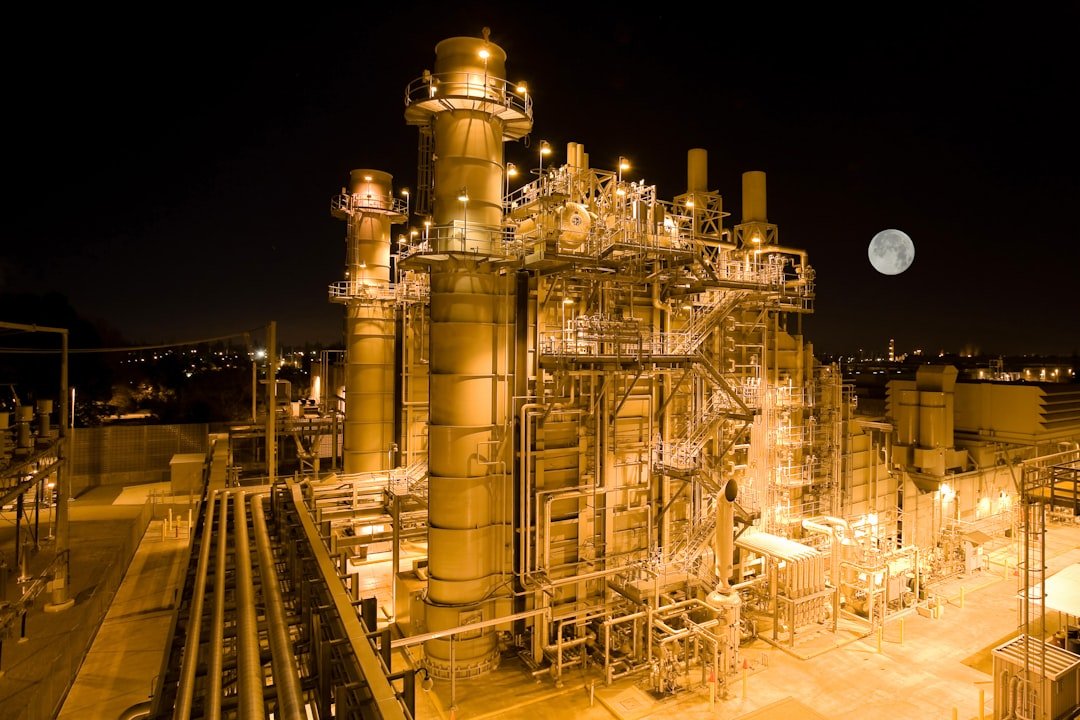The Immediate Challenge of Global Warming Scientists, decision-makers, and the general public are all paying attention to global warming, which has become one of the 21st century’s most urgent issues. This phenomenon describes how human activity, particularly the release of greenhouse gases, has caused the average surface temperature of the Earth to rise over time. With its wide-ranging effects on ecosystems, weather patterns, & sea levels, global warming poses serious threats to human health and livelihoods. Knowing the fundamental causes & effects of the planet’s ongoing warming is becoming more and more important. It is impossible to overestimate how urgent it is to address global warming.
Key Takeaways
- Global warming is the long-term increase in Earth’s average surface temperature due to human activities.
- Greenhouse gas emissions, such as carbon dioxide and methane, trap heat in the atmosphere and contribute to global warming.
- Deforestation, the clearing of forests for agriculture and development, reduces the Earth’s capacity to absorb carbon dioxide and contributes to global warming.
- Industrialization and the use of fossil fuels for energy production are major contributors to greenhouse gas emissions and global warming.
- Agriculture and livestock production also contribute to global warming through methane emissions and deforestation for farming.
Communities all across the world are already feeling the effects of extreme weather events like hurricanes, droughts, and floods brought on by rising temperatures. Also, experts agree that if present patterns continue, the effects will only get worse and could have disastrous effects on future generations. Therefore, investigating the different causes of global warming and identifying workable solutions to lessen its effects are crucial. Emissions of greenhouse gases are the primary cause of global warming. Carbon dioxide (CO2), methane (CH4), and nitrous oxide (N2O) are among the gases that trap heat in the atmosphere, causing the “greenhouse effect” that warms the earth. The concentration of these gases in the atmosphere has considerably increased as a result of human activity, especially the burning of fossil fuels for energy and transportation.
CO2 levels have increased by over 40% since the Industrial Revolution, mostly as a result of human activity, according to the Intergovernmental Panel on Climate Change (IPCC). There are numerous and varied sources of greenhouse gas emissions. Among the main contributors are industrial operations, transportation, & the production of electricity.
For instance, large volumes of CO2 are released into the atmosphere by automobiles that run on gasoline and diesel. Coal-fired power plants, which burn fossil fuels to produce electricity, are also significant emitters. Governments, businesses, and individuals must work together to address these emissions, which are essential for reducing global warming. Another significant element causing global warming is deforestation. Through photosynthesis, forests take CO2 from the atmosphere and use it to control the planet’s temperature.
| Cause | Impact |
|---|---|
| Carbon Dioxide Emissions | Traps heat in the atmosphere, leading to rising temperatures |
| Methane Emissions | Contributes to the greenhouse effect and global warming |
| Deforestation | Reduces the number of trees that can absorb carbon dioxide |
| Industrialization | Increases the release of greenhouse gases into the atmosphere |
The world’s forested areas have, however, significantly decreased as a result of extensive deforestation for logging, agriculture, and urban development. The loss of trees reduces the planet’s ability to absorb future emissions of carbon and releases stored carbon back into the atmosphere. Carbon emissions are not the only effect of deforestation. Local communities that depend on forests for their livelihoods are impacted, ecosystems are upset, & biodiversity is threatened. Known as the “lungs of the Earth,” the Amazon rainforest is especially susceptible to deforestation.
The consequences for the stability of the global climate get worse as the number of trees being cut down increases alarmingly. In order to bring the planet’s climate system back into balance, efforts must be made to stop deforestation through reforestation programs and sustainable land management techniques. Though it has been a major contributor to global warming, industrialization has also been a catalyst for economic growth and development. The production of energy through the use of fossil fuels, such as coal, oil, and natural gas, has resulted in a rise in greenhouse gas emissions.
Due to their heavy reliance on these energy sources, sectors like manufacturing, construction, and transportation have a significant carbon footprint. Making the switch to more sustainable energy systems from fossil fuel-based ones is the difficult part. Hydroelectric, wind, & solar energy are examples of renewable energy sources that present viable ways to meet the world’s energy needs while lowering emissions. To ease this transition, governments and corporations must make investments in clean infrastructure and technologies. Society can significantly lessen the effects of global warming by adopting sustainable practices and lowering its dependency on fossil fuels.
Another important industry that contributes significantly to global warming is agriculture. Large volumes of resources are needed for food production, which also produces a lot of greenhouse gas emissions. While livestock farming creates methane, a powerful greenhouse gas, through enteric fermentation during digestion, agricultural practices like tilling soil liberate CO2 into the atmosphere. Also, nitrous oxide emissions are a result of the use of synthetic fertilizers in crop production.
The need to find sustainable agricultural practices is growing as the world’s population continues to increase the demand for food. While improving soil health and biodiversity, practices like regenerative agriculture, organic farming, and agroforestry can help lower emissions. Farmers can ensure future generations have access to food while also mitigating the effects of climate change by implementing these practices. Waste management contributes significantly to greenhouse gas emissions, yet it is frequently disregarded in discussions of global warming. Methane is a powerful greenhouse gas that is produced when organic waste breaks down anaerobically, or without oxygen, in landfills. Waste generation keeps increasing as urban populations rise and consumption habits shift, making the issue worse.
Adopting efficient waste management techniques is necessary to address this problem. Composting and recycling can minimize methane emissions while drastically reducing the quantity of waste dumped in landfills. Further contributing to the reduction of waste generation is the promotion of a circular economy, in which goods are made to be recycled & reused. In order to help mitigate global warming, society must address waste management practices and promote sustainable consumption habits. Polar ice cap melting is one of the most obvious signs of global warming.
In polar regions, glaciers and ice sheets are melting quickly as temperatures rise as a result of elevated greenhouse gas concentrations. Ecosystems that rely on stable ice conditions are also harmed by this phenomenon, which also raises sea levels. Beyond just environmental issues, melting ice caps pose serious threats to coastal communities around the world. The threat of low-lying areas being inundated by rising sea levels will force people to relocate and result in financial losses.
Also, the Earth’s albedo effect—its capacity to reflect sunlight—is diminished as ice melts, contributing to additional warming. In addition to protecting vulnerable communities from the effects of global warming, addressing it is crucial for maintaining polar ecosystems. Due to a number of interrelated processes, human activity has unquestionably accelerated climate change.
Agriculture, waste management, industrialization, and deforestation are just a few of the industries that directly contribute to greenhouse gas emissions. The Earth’s climate system has seen previously unheard-of changes as a result of these activities taken together. Around the world, the effects of climate change are already being felt. Food security and water availability are at risk due to the increasing frequency and intensity of extreme weather events.
As species struggle to adapt to changing conditions, biodiversity loss is speeding up. Also, the spread of vector-borne illnesses & an increase in heatwaves pose a threat to public health. A comprehensive strategy that tackles the underlying causes of climate change is necessary to successfully address these issues. In conclusion, global warming is a complex issue that calls for immediate action from all facets of society.
People & communities can collaborate to find sustainable solutions by being aware of the different causes, which include waste management, industrialization, agriculture, greenhouse gas emissions, deforestation, and more. Future generations depend on it, so now is the time to act.



